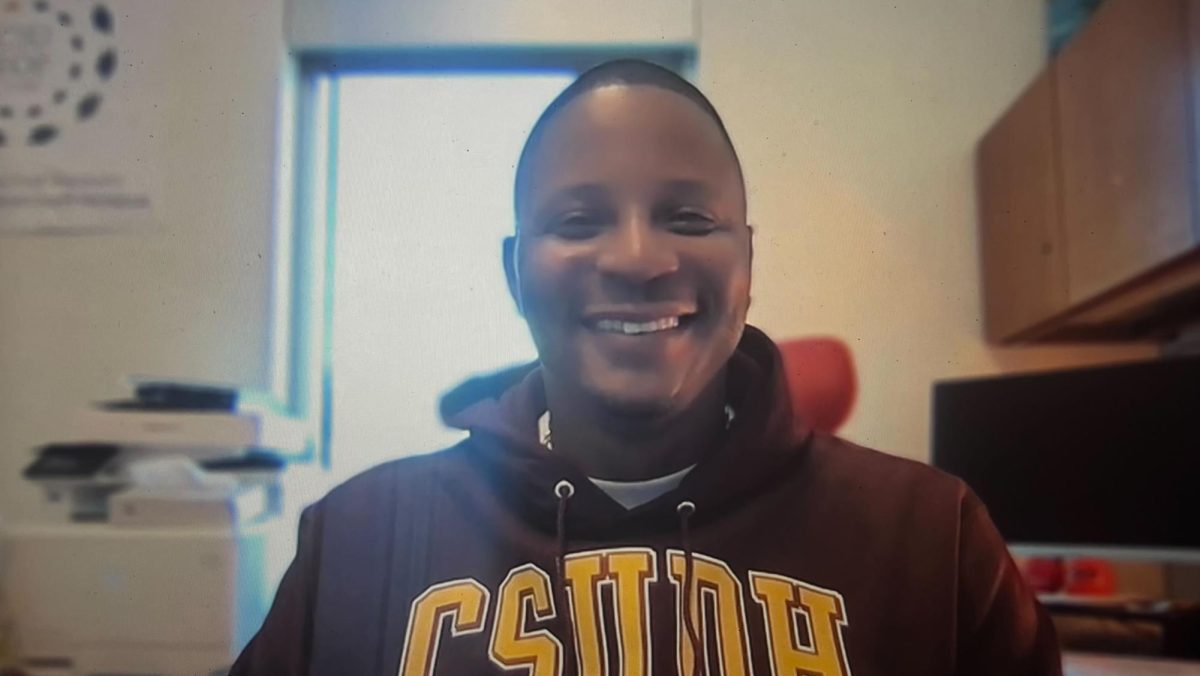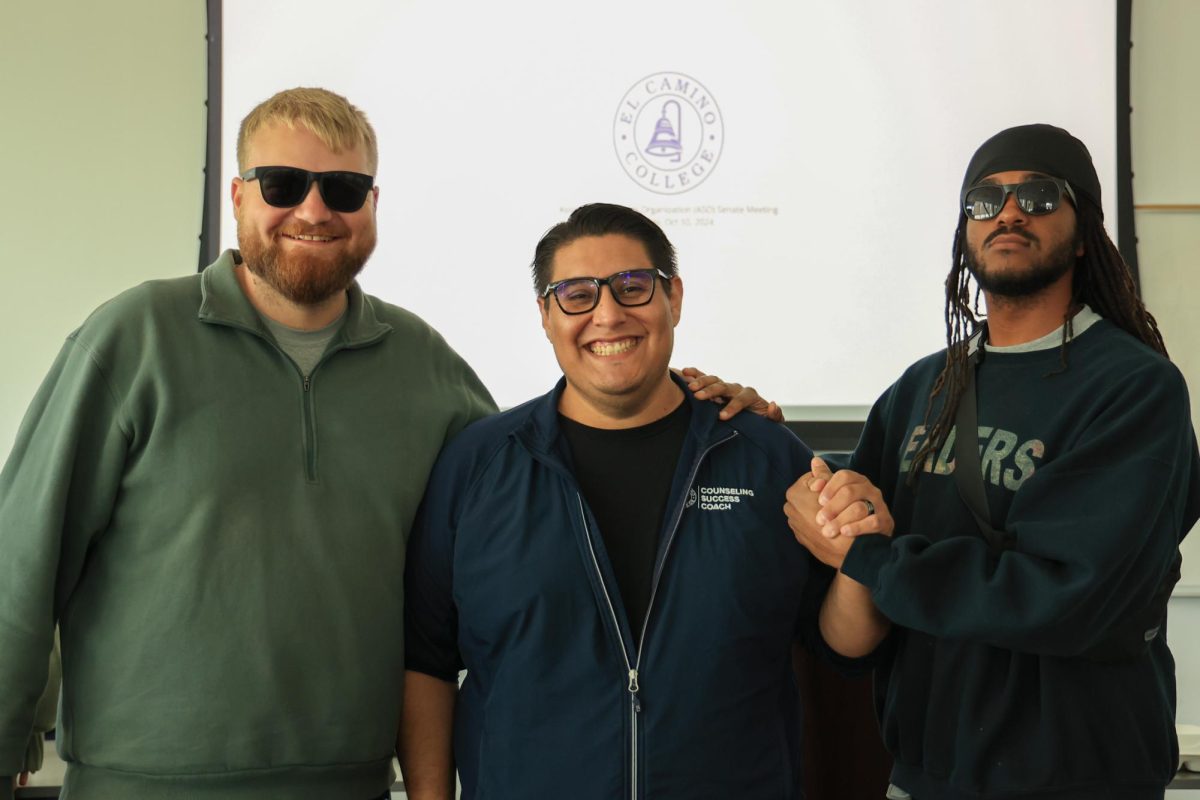While the administration will move forward in imposing a shortened work-year on counselors, counselors say that they will push for contract renegotiations.
Margaret Quinones-Perez, counselor for 24 years, said that a representative will advocate for removal of the imposed contracts in renegotiations this month.
“I don’t have high expectations because I’m not sure where the value judgment of the administration is right now,” Quinones-Perez said.
She said that the November board of trustees’ vote to change the contracts came after a fact-finding panel concluded in favor of the administration, which claimed that EC’s twelve-month counselor contracts were not comparable to those in other community colleges’ counseling departments.
All counselors currently under twelve-month contracts will be forced to work only 10 months by 2013.
Counselors have taken issue with the imposed contracts for several reasons, mostly because they say that the reduction of time counselors spend on campus will put students at a disadvantage.
“We have about twenty-six full-time counselors to serve the entire El Camino population currently at twelve months,” Sabra Sabio, transfer counselor, said. “That same population now has to be served in ten months.”
Many students, who stood lines for counseling appointments last semester that stretched far into the campus quad, have expressed frustration with counselor availability.
David Gutierrez, 18, a first year student with an undecided major, said the difficulty of getting one of the limited counseling appointments makes registering for classes difficult.
“I have not gone to meet with a counselor since spring semester started,” Gutierrez
said. “It’s not helpful and it’s unacceptable.”
The administration contends that counselors will maintain the same number of student-contact hours under the new contracts and that the difference in work months only amounts to removal of counselors’ vacation pay.
“El Camino was the only community college here in L.A. county that had counselors being paid a month’s vacation, then working eleven months,” Stephen Covert, the chief negotiator for the administration, said.
In a plea to the board of trustees, athletic counselor Chris Jeffries painted a different picture of the implications of the shorter contract— which she said amounts to a 30 percent pay cut.
Jeffries said that she would have to work an additional 12 hours per week in over-time in order to compensate for the reduced pay.
“I will have to work fifty-two hours per week just to get four thousand dollars less than what I’m making right now,” Jeffries said. “I don’t know what kind of effective counselor I’m going to be at that forty-seventh, forty-eighth hour.”
Faculty members have shown support for counselors and in a letter to the board, Alice Martinez, math instructor, questioned the basis of administration’s argument for imposing contracts.
“They are claiming that we need to downgrade ourselves to be like all of our neighboring community colleges,” Martinez said. “We don’t pay our president the third highest pay for a community college president in the state of California so that we can be a mediocre college.”
Joshua Casper, 21, ASO student trustee and political science major, said that despite the administration’s claims that the number of contact hours is the same, students lose under the ten-month counselor contract.
“Not only will it remain a difficult task for students to overcome the shortage of counseling appointments,” Casper said, “This will leave students doubtful from the lack of precise and valuable information counselors provide.”
Quinones-Perez said that the administration seems to not value the service that counselors provide to students who need face-to-face guidance.








